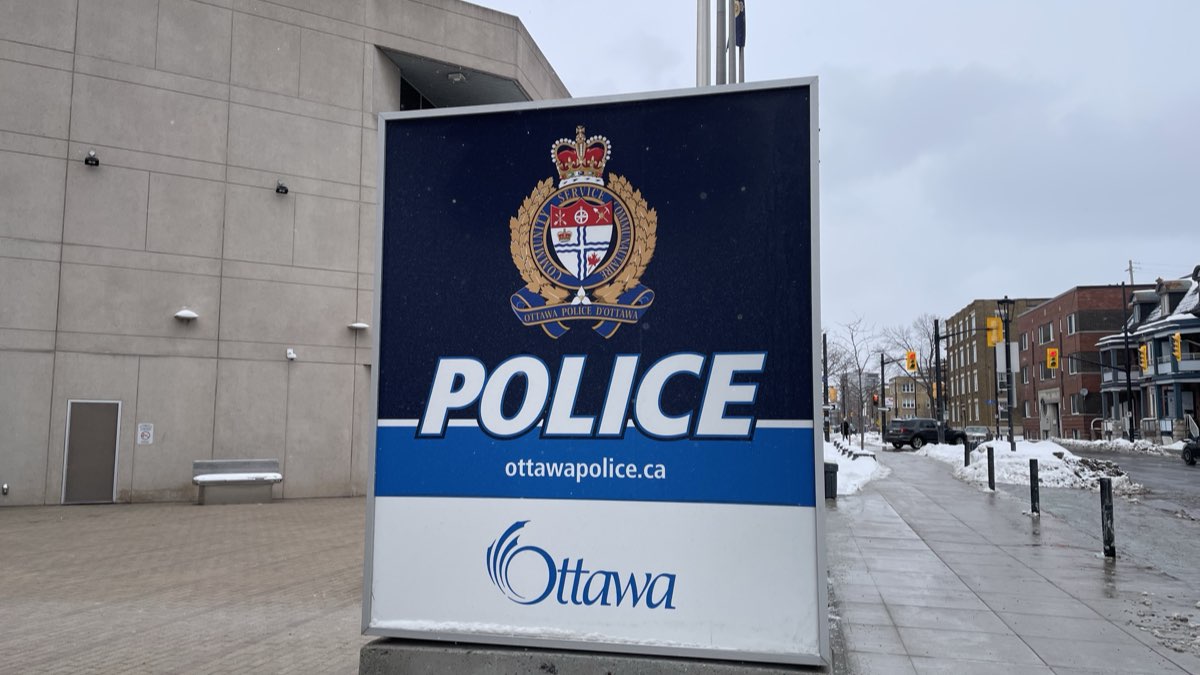The Ottawa Police Service says it is working on a plan to address the recommendations a coroner’s inquest into the death of Abdirahman Abdi, who died in 2016 following a violent police interaction.
The inquest, concluded in Dec. 2024, resulted in 34 recommendations aiming to prevent similar deaths. Three of these recommendations were directed to the Ottawa Police Services Board (OPSB).
These recommendations call for clearer reporting requirements following Special Investigations Unit investigations, incorporating inquest findings into new board member training, and bringing in external experts to analyze police use-of-force data.
During the April 4 meeting of the Ottawa Police Services Board, members acknowledged the urgency of implementing these recommendations and agreed to receive them.
“They are recommendations that should have been made a long, long time ago,” said Kanata North Coun. Cathy Curry.
Deputy Police Chief Steve Bell told the board that OPS is currently developing a report that will outline a work plan to “address these recommendations and more.”
The report is expected in April and will be followed by a more specific work plan and progress updates in early fall. Bell described it as a “staged response.”
OPSB Executive Director Habib Sayah suggested that the board consider internal policy updates and more robust data tracking as part of its response.
One option being considered is hiring a part-time data analyst to help interpret the regular flow of statistics and reports from the Ottawa Police Service. The goal, Sayah said, is to ensure that board decisions are guided by accurate and timely information.
“There’s a cost benefit analysis to be done here,” he said.
Sayah also raised the idea of creating a new advisory committee to improve how the board engages with the community and to analyze the effect of policy change as a result of recommendations.
Bell pointed out several volunteer advisory committees that they may be able to leverage instead.
“I’m conscious Ottawa is a city of volunteerism,” said Bell. “But I don’t want to overly tax all the good contributors of volunteers in this city.”
The board’s discussion stems from a case that brought national attention to Ottawa’s policing practices.
Abdirahman Abdi, a 38-year-old Somali man, died in July 2016 following a confrontation with Ottawa police outside his apartment building. He was in the midst of a mental-health crisis.
The officer involved was acquitted of all charges in 2020. The incident sparked public outrage, protests, and calls for greater police accountability in Ottawa.
The mandatory inquest into Abdi’s death issued wide-ranging recommendations, many focused on improving police response to individuals experiencing mental-health distress and addressing systemic bias in law enforcement.
In a statement following the inquest, Ottawa Police Chief Eric Stubbs acknowledged the impact of Abdi’s death on the city’s Somali and Black communities.
“Mr. Abdi’s death has caused a lot of pain for his family, friends, and the community,” said Stubbs. “Rebuilding our relationship with the Somali community is a priority for me.”
The OPS says it will work with the Community Equity Council and other partners to develop local action plans aimed at improving services and rebuilding trust with Ottawa’s diverse communities.




